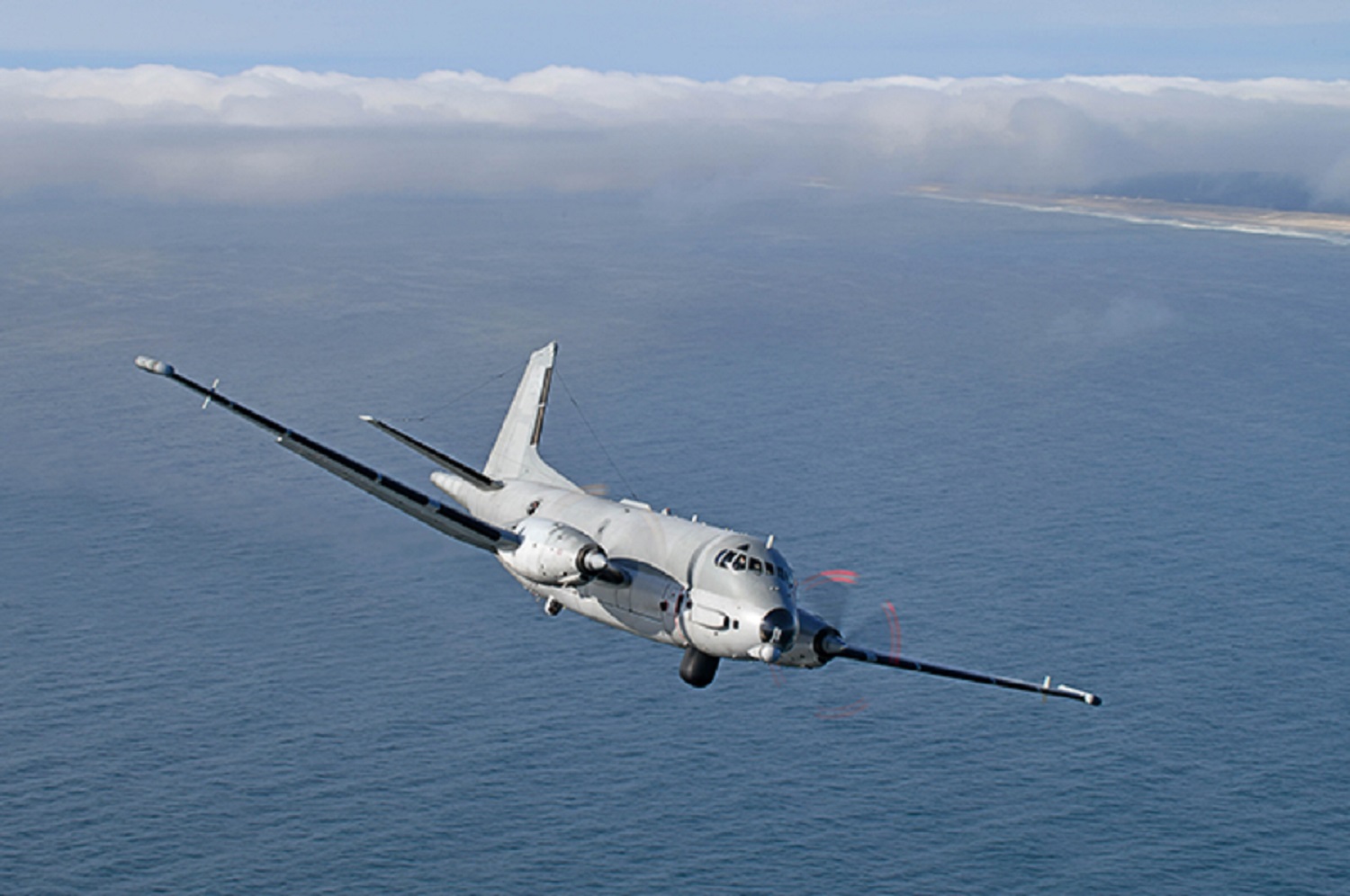In an era where maritime operations have grown in complexity, the integration of cutting-edge technology has become paramount to ensuring the efficiency and effectiveness of naval missions. The modernized Atlantique 2 (ATL2 STD 6) by the French Navy stands as a testament to the evolving capabilities of Maritime Patrol Aircraft (MPAs). With its Full Operational Capability (FOC) achieved in November 2022, the ATL2 showcases a remarkable transformation into a versatile asset, capable of operating in diverse environments, from harsh deserts to complex maritime settings. A pivotal component contributing to this transformation is the SEARCHMASTER® radar, which equips ATL2 STD 6 crews with a range of revolutionary functionalities across both land and sea. The implementation of AI in SEARCHMASTER® also demands continuous data training. Thales, in close collaboration with the Marine nationale, is committed to refining AI algorithms by utilizing data collected during trials with the ATL2. This ensures that the radar remains up-to-date with evolving threats and challenges.
Nicolas Léger, a Radar Expert at Thales, the company behind SEARCHMASTER®, elaborates on the radar’s capabilities. “Where previous ATL2 radar operators could track approximately ten or so targets simultaneously, today’s SEARCHMASTER® can track up to 1,000 targets simultaneously. This represents a significant leap in operational capacity. However, this surge in data also poses challenges, as managing such vast amounts of information manually can be overwhelming for crew members. Through such function, AI ensures that SEARCHMASTER®’s functionalities are used across the board and to their full potential, thus considerably enhancing detection and, consequently, mission success. Thanks to our tests with the SEARCHMASTER® onboard the ATL2, and our constant collaboration with our client, we have developed a method of design thinking that gives us confidence in the added value of AI for MPA operations.”
Recognizing the need for efficient data utilization, Thales, in collaboration with the Direction Générale de l’Armement (DGA) and the French Navy, has embarked on a groundbreaking endeavor. They are using the ATL2 STD 6 as a unique platform to test the integration of Artificial Intelligence (AI) into the next generation of SEARCHMASTER® radars. This initiative seeks to strike the right balance between human expertise and AI-driven automation, akin to the collaborative approach depicted in “The Hunt for Red October.” The introduction of AI into radars like SEARCHMASTER® is not about replacing human intelligence; it’s about enhancing it. AI excels in swiftly gathering, processing, and analyzing vast amounts of data, providing radar operators with a clearer, more refined picture of the operational environment. This allows human operators to focus on contextualizing the information and making informed decisions. Moreover, AI can adapt radar functions to match specific operational scenarios, further enhancing detection capabilities and mission success.
What sets Thales apart is its commitment to aligning AI development with real customer requirements. While maritime operations take precedence for AI integration, Thales and its client envision broader applications, including land operations. This holistic approach to AI integration aims to serve as a game changer for end-users, ensuring that technology drives tangible improvements in mission effectiveness. In conclusion, the ATL2 STD 6’s role as a testbed for AI integration in SEARCHMASTER® radar represents a significant leap forward in enhancing the capabilities of Maritime Patrol Aircraft. It underlines the importance of harmonizing human expertise with AI-driven automation to navigate the evolving complexities of modern maritime operations. Thales and its partners are leading the charge in this endeavor, ensuring that technology truly serves the needs of those who safeguard our seas.











